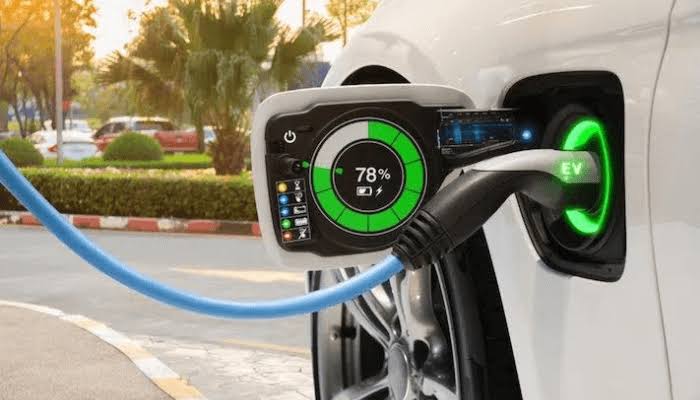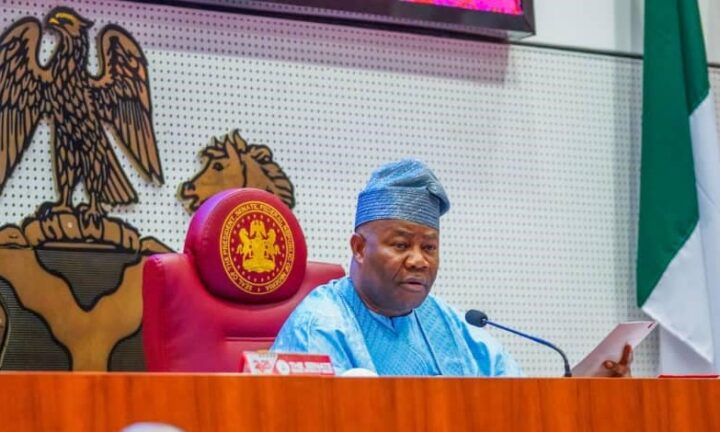Marisa Lago, U.S. undersecretary of commerce for international trade, says Nigeria needs charging infrastructure to facilitate adoption of electric vehicles.
She spoke on Tuesday in Lagos at the electric vehicle (EV) hackathon organised by Microsoft’s innovation hub, known as ‘The Garage’.
Lago said the availability of charging stations is a fundamental aspect of the enabling environment for an EV industry to thrive.
She, however, described the situation as a chicken-and-egg conundrum since companies are not likely to invest in charging infrastructure until there is a critical mass of EV drivers.
Advertisement
She added that individuals would equally be reluctant to buy EVs until there is a reasonable recharging infrastructure.
“The cost of EVs, which are still relatively high compared to conventional vehicles, remains another significant barrier,” Lago said.
“Can these costs be reduced through local manufacturing, targeted investment in R&D, or collaborations with industry leaders from around the world to achieve economies of scale?
Advertisement
“To attract both domestic and foreign players in the sector, it will be critical to have a supportive regulatory framework of consistent policies, standards and regulations that are aligned with international best practices that encourage investment and innovation.”
Lago said that nurturing a skilled workforce is also vital for EV industry expansion.
With proper education and training, she said, Nigerians can seize employment opportunities generated by the growth of the sector, positioning the country as a regional hub for manufacturing, maintenance and technology development.
“The transition to EVs present a tremendous opportunity to drive innovation in the automotive sector and provide good paying jobs for Nigerians, while simultaneously addressing climate change and reducing dependence on fossil fuels,” Lago said.
Advertisement
Add a comment






